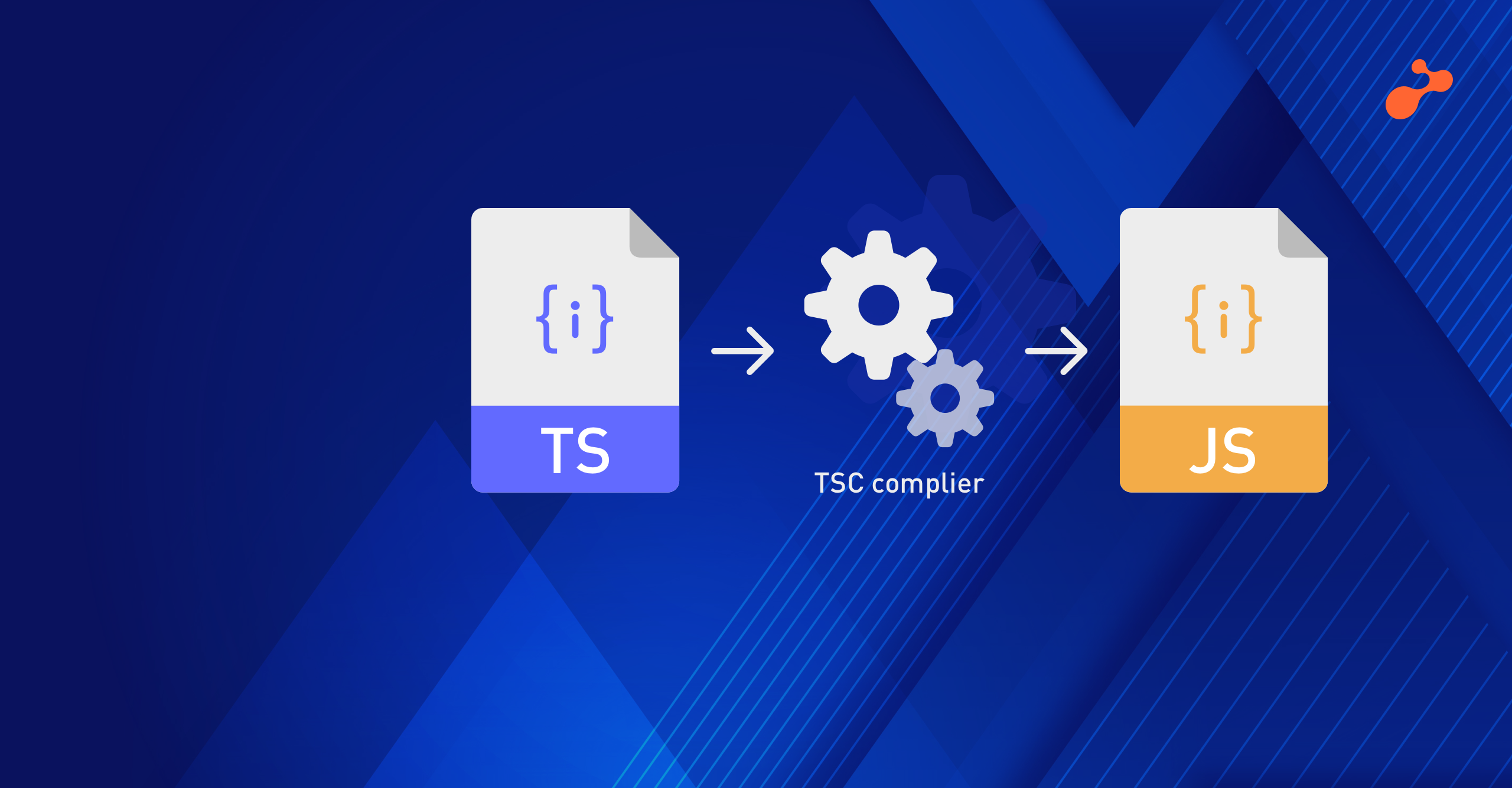Microsoft’s GitHub acquisition deal worth $7.5 billion is a groundbreaking shift in the global IT industry. Microsoft executives have confirmed that GitHub will operate independently and retain its open source identity.
With this all-stock acquisition, Microsoft is expected to prioritize integration with Azure, giving a massive boost to Azure-based DevOps. Such a close integration can pose challenges for developers working with competing platforms such as Amazon and Google.
There can be a potential movement of Github hosting to Microsoft owned Azure cloud computing from Amazon Web Services, positioning GitHub as a strategic add-on to the Azure cloud infrastructure. This acquisition provides Microsoft an access to GitHub developer community, providing an access to developers’ database and a platform to market Microsoft offerings. Github’s vast database of programmers and their skillset presents a potential advantage to Microsoft, as such a database can be integrated with LinkedIn, amplifying LinkedIn recruiters and jobs services. Such an integration can rapidly grow the Ecosystem of Azure Developers.
Moreover, this strategic development will not only enable a seamless experience for developers steering the GitHub and Visual Studio Team Services but also congregate Blazor, Microsft open-source technology, with Electron, GitHub’s cross-platform development framework.
This move can surely be seen as a threat for AWS as a majority of the customers using AWS services have code repositories at GitHub, eventually becoming a part of Microsoft customer base, as Microsoft will get access to the GitHub’s enterprise customers and the entire code repositories.
GitHub’s acquisition is expected to further spur developments in the cloud space including the abandonment of GitHub by competing cloud providers. This can be followed by them initiating their open-source communities or acquire GitHub’s competing repositories over coming months.



%20in%20an%20Application-190822.png)
